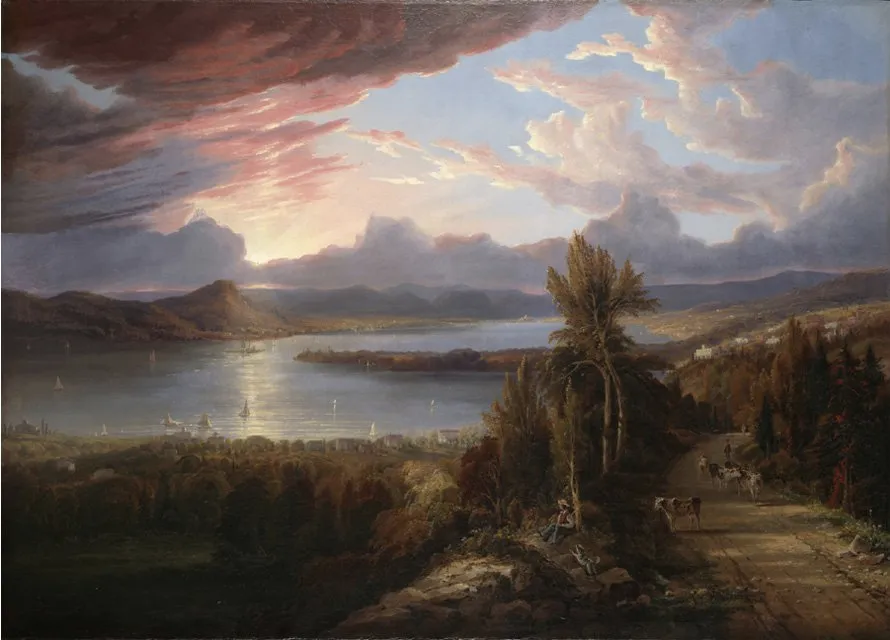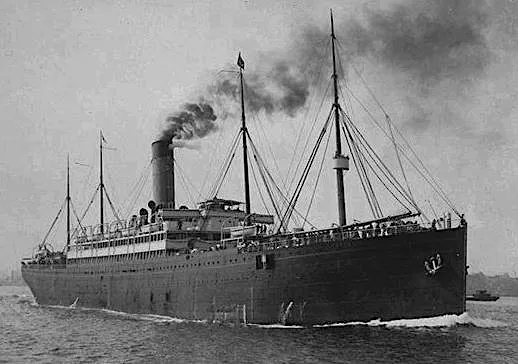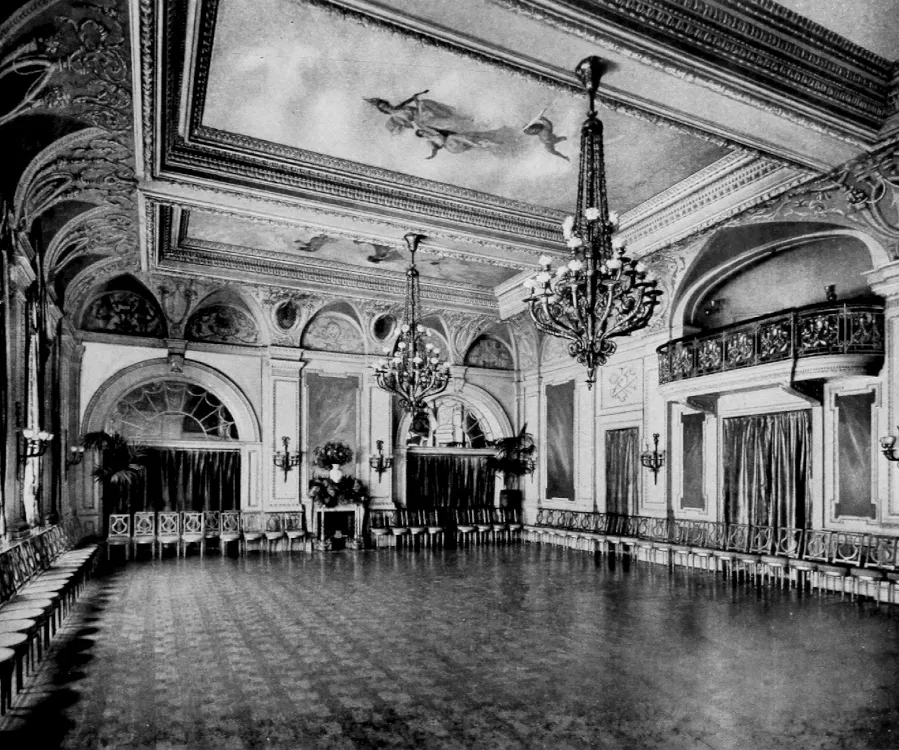Hudson River Valley, 1851

Credit: Robert Havell. "Hudson River North to Croton Point". Public domain. The area in the picture is 30 or 40 miles from where Rudolph and Phoebe built their homestead.
The New World and the Old World met in the Hudson River Valley when my great-great-great grandmother Phoebe married my great-great-great grandfather, Rudolph. Phoebe was descended from the colonial Privateer Thomas Baxter, and Rudolph was an immigrant farmer from Germany. That must have been quite a romance.
There surely were objections from Phoebe's family. She boasted a lineage that reached back to the foundation of the nation. How did Phoebe's family regard the immigrant farmer who spoke with a thick Swabian accent?
He had crossed the sea to make a new life, and he charmed my great-great-great grandmother. It was a powerful charm, for their union produced a long line of descendants. A hundred years later, one of those descendants would reenact their love story.
New World met Old World, once again, when my father married my mother.
He, my father, had a sense of self deeply rooted in history. He was proud of his pioneer ancestry. And yet, he was attracted to a young woman whose parents had arrived from Sicily just three years before her birth.
RMS Republic

Credit: Whitestar Line. 1909. Public domain My mother's parents immigrated from Sicily in 1906 in steerage on the RMS Republic. The ship sank three years later in a mishap, but 1500 passengers on board were saved.
Was an affinity for the unfamiliar in my father's blood, passed down from Phoebe? And my mother--what drew her to a wholly American, farm-bred lad? For she was as proud of her language and her culture as he was of his legacy.
My mother was Catholic. He, Protestant. She had refined taste. He learned about taste from books. He lived all his life on the farm and was sent to law school to be the family lawyer. She had grown up in the city, and had attended parties at the Waldorf Astoria.
Small Ballroom, Waldorf Astoria, 1903

Credit: George Boldt. Public domain. This picture was taken probably twenty-five years before my mother attended parties at the Waldorf.
Whatever mysterious force drew my parents to each other, it was not, in the end, enough to hold them together.
I think back on my great-great-great grandparents. Did Rudolph's ardor for Phoebe wane over time? Did the day-to-day of domesticity erode his passion?
It did for my father. This dissipation of affection occurred long before I, the fifth of six children, was born.
There is no way for me to know what caused my father to leave. He did it slowly, bit by bit. Absences grew longer until it was the custom for him not to be home. Then I didn't have a father at all.
I wonder about Phoebe and Rudolph. They are buried together in the very community where they nurtured their children. Genealogical records do not tell me more than that. Did Rudolph drink? Was Phoebe a disinterested wife? All I see in the record is date of birth, date of death, and record of marriage.

What will the record show of my parents, a hundred years down the road? What will a curious descendant discover from the bare facts? Dates of birth and death, record of marriage but separate burials. She with her child, and he with his grandfather. Will that be enough to inform the curious that she lived with her children and he did not?
All the graveyards and crematoriums, all the memorials. They tell us next to nothing. We cannot resurrect the lives, the loves, the animosities. We may only etch a bare outline and fill in the blanks as oral history or our imagination allows.
I see in Rudolph and Phoebe a great love. I see a long life together, building a homestead and raising children. I see them filling their part in a legacy that began hundreds of years before them and that continues until today.
There may be discordancy in that legacy, small craters left by those who fell short of expectations. But over time, the edges of those craters will smooth. Future heirs of Phoebe and Rudolph's union will sketch an outline of our family history and they will fill in the gaps. As they do so, they will tell a story that is as true or untrue as the story I have told here.
The Inkwell prompt for this week was heritage. There may be time to write for this prompt. There is a nice 5 Hive prize (for which I am not eligible) for the winner of our weekly contest. Next week we start another round and offer another chance to win prizes. Check it out. Join us. Writing is a wonderful way to explore your creative self.

The flower illustration is credited to @muelli. The image was borrowed from the LMAC Image Library, LIL.
The plant illustration is credited to @yaziris. The image was borrowed from the LMAC Image Library, LIL.